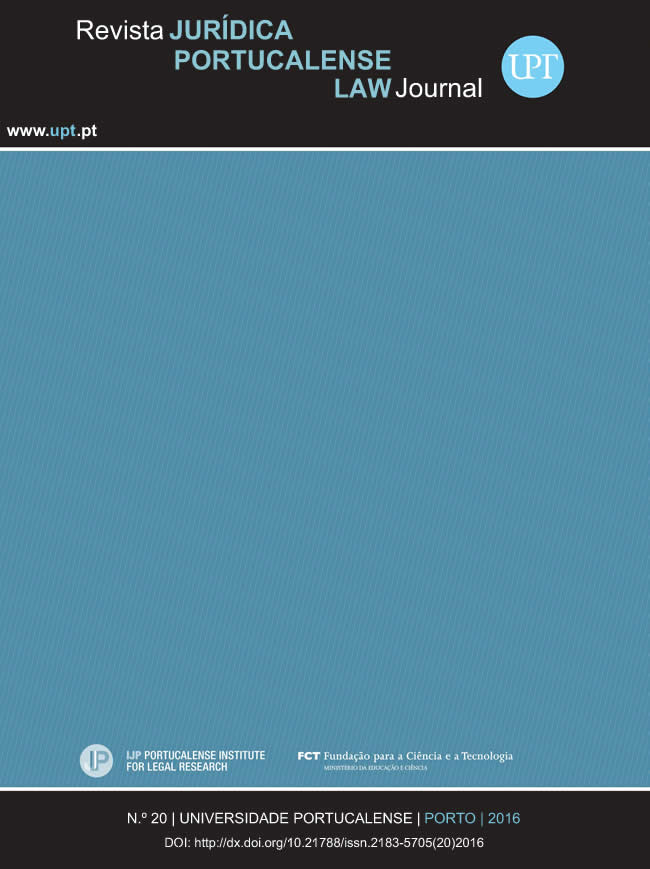The rigth judicialization to health: a dicussion about the rigth to effective essential by constitutional provision without losses to the minimum existential
Abstract
This research aims to analyze the principle of reservation as possible, often invoked by the State as a means of choice for their decisions, identifying its prevalence, or not, on other principles and basic rights of people, to ensuring access to medicines through adjudication. Eminently documentary, will be the deductive empirical type, based on doctrinal and jurisprudential review of the right to health, emphasizing the curative medicine and its effectiveness through adjudication. Is a qualitative study, aiming to evaluate constitutional, legal, and institutional aspects of infralegal implementation of policies / actions of public interest under the guarantee of the right to health through the provision of drugs. The work aims to assess the situation regarding access to health care in Brazil, in order to understand the phenomenon of the need for legalization of demands, trying to identify this right, as a social and fundamental. For more effective management of human rights, particularly the right to health, it is necessary check on the cost of these rights as a way of thinking about the resizing of public resources in order to prioritize health in their entire length (prevention maintenance and curative medicine) so that they can be allocated to meet the wishes of the general population, so there is no need to go to court to enforce rights (judicial activism). Finally, a brief analysis on the demand directed to the judiciary at the time that will warn up-to a concern about the role of public agencies in the enforcement of human rights will be taken, proving the importance and the need for least at present, the judicial activism to be given to the efficiency standards established in the Constitution and in the International Covenants.Downloads
Published
2016-12-09
How to Cite
Cerqueira Júnior, C. A. C., & Cavalcanti, V. R. S. (2016). The rigth judicialization to health: a dicussion about the rigth to effective essential by constitutional provision without losses to the minimum existential. Revista Jurídica Portucalense , (20), 4–29. Retrieved from https://revistas.rcaap.pt/juridica/article/view/8689
Issue
Section
SCIENTIFIC RESEARCH
License
Authors who published in the journal agree to the following terms:
- The Authors grant the Journal the right of first publication, and other non-exclusive publishing rights, licensed under the Creative Commons Attribution License which allows the sharing of work with recognition of its initial publication in this journal.
- Authors are able to take on additional contracts separately, non-exclusive distribution of the version of the paper published in this journal (ex .: publish in an institutional repository or as a chapter in a book), with an acknowledgement of its initial publication in this journal.
- Authors are permitted and encouraged to post and distribute their work online (eg .: in institutional repositories or on their website) at any point before or during the submission process, as it can lead to productive exchanges, as well as increase the impact and the citation of published work (See The Effect of Open Access).
RJP does not apply submission, publication or any other fees of any nature. Its articles are open access, with the goal of disseminating scientific knowledge and the debate of legal topics in the area of Legal Sciences.






